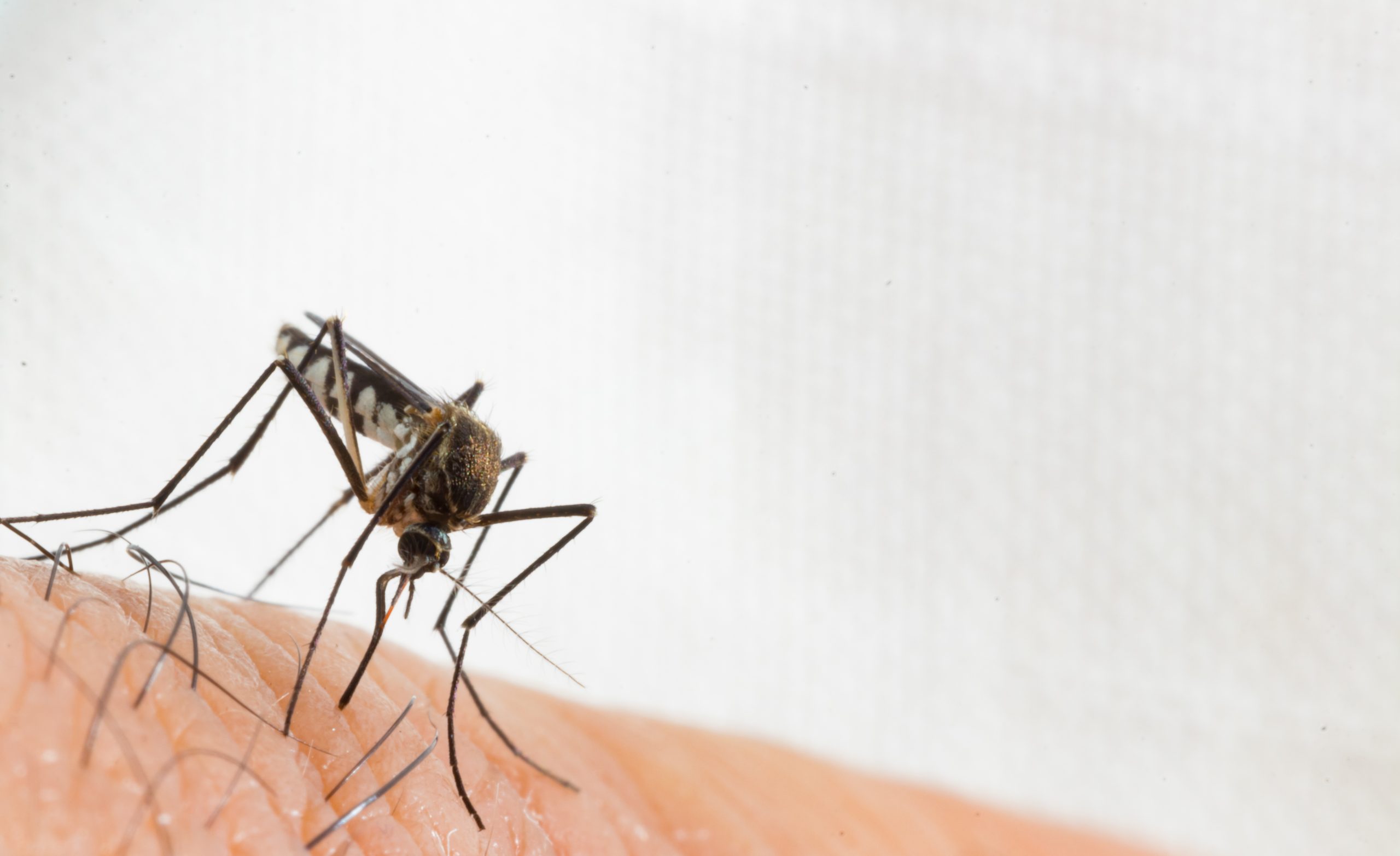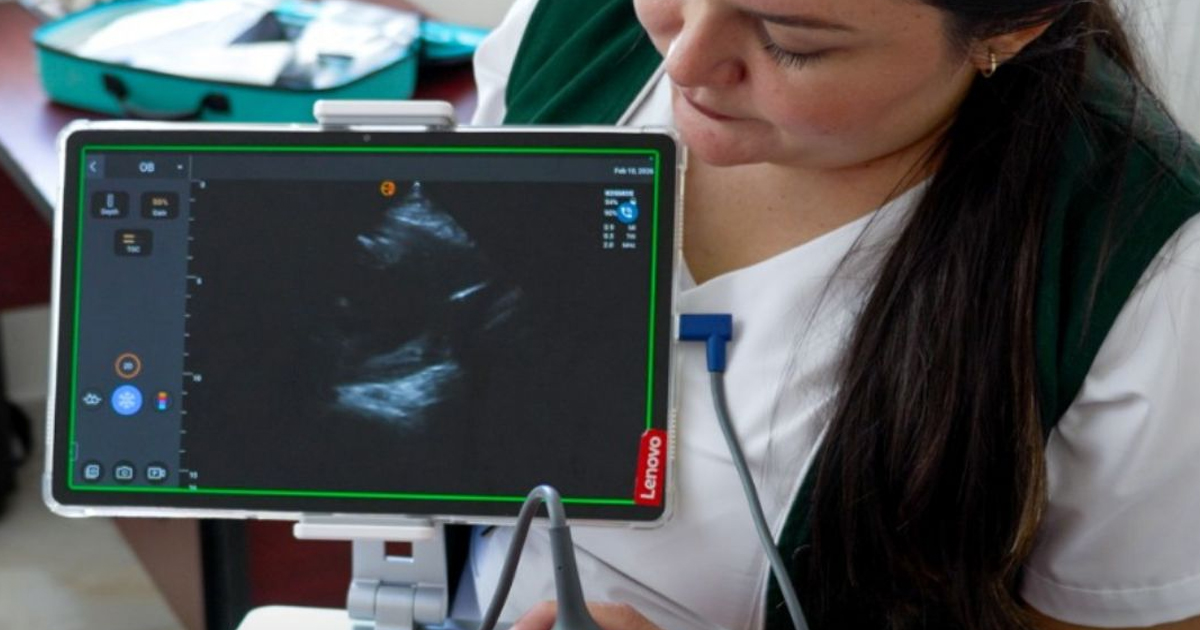Investigadores desarrollaron por primera vez, mosquitos sintéticos que buscan neutralizar la propagación de virus transmitidos por mosquitos.
Los resultados de la investigación dirigida por biólogos de la Universidad de California en San Diego, fueron publicados en la revista PLOS Pathogens. El virus del dengue (DENV), es endémico de regiones tropicales en todo el mundo, por ello este grupo multidisciplinario de científicos ideó una estrategia efectiva para el control de mosquitos que propagan este virus.
En el artículo describieron el desarrollo de Aedes aegypti, la denominación científica de los mosquitos modificados sintéticamente para impedir el DENV. “Estos mosquitos expresan un gen que codifica un fragmento variable monocatenario diseñado derivado de un anticuerpo monoclonal humano DENV ampliamente neutralizante y tienen tasas de infección, diseminación y transmisión virales significativamente reducidas para los cuatro serotipos principales de DENV antigénicamente distintos”, se lee en el resumen del artículo.
Dentro del resumen, el autor explica los avances en tecnología genética y su importancia para el control de este virus a nivel mundial. “Los avances recientes en las tecnologías genéticas han permitido modificaciones precisas del genoma del mosquito para hacerlos resistentes a las infecciones, rompiendo así el ciclo de transmisión. Aquí generamos Ae. aegypti que expresan eficazmente un fragmento variable monocatenario (scFv) dirigido a DENV derivado de un anticuerpo humano ampliamente neutralizante previamente caracterizado, que bloquea la infección y la transmisión en estos mosquitos”.

Los resultados mostrados significan un avance considerable para desarrollar estrategia con base en mosquitos sintéticos, para reducir otros tipos de arbovirus como chikungunya y Zika. Esta investigación inicial proporciona un principio de prueba para el desarrollo de más estrategias a través de genética para reducir el impacto de arbovirus alrededor del mundo.
PLOS
https://journals.plos.org/plospathogens/article?id=10.1371/journal.ppat.1008103
UNIVERSITY OF CALIFORNIA AT SAN DIEGO
https://ucsdnews.ucsd.edu/pressrelease/mosquitoes-engineered-to-repel-dengue-virus







